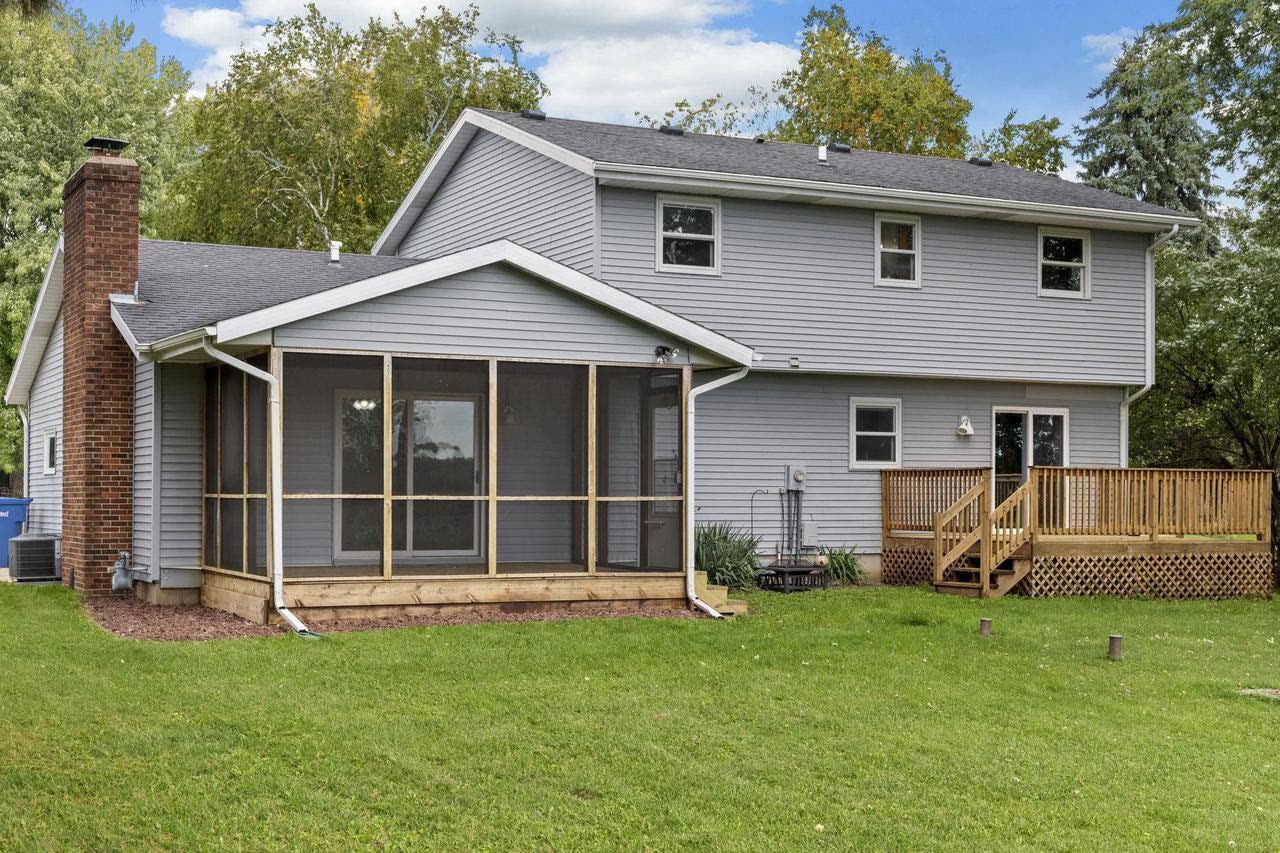1
Non-Probate Sells in Wisconsin: All you Need To Know
Probate is the legal procedure for transferring property from a deceased person’s estate to their heirs or beneficiaries. In Wisconsin, probate is necessary for any assets without a trust that exceed $50,000 and is supervised by the local probate court.
If someone passes away with assets exceeding $50,000 that are not held in a trust, those assets may enter probate. During this process, the probate court manages and distributes the person's debts and assets. However, certain assets are exempt from probate in Wisconsin, including trust assets, jointly owned assets, transfer on death (TOD) assets, business interests, and family allowances.
What is a Non-Probate Real Estate Sale?
A non-probate real estate sale involves the transfer of property ownership without going through the probate court process. Probate is the legal process through which a deceased person's will is validated, and their assets are distributed. Non-probate transfers can expedite the process, reduce costs, and provide more privacy. We ate Rezen, specialize at this type of sales, and we can gladly help you sell yours here...
Types of Non-Probate Transfers
Joint Tenancy with Right of Survivorship: When property is owned jointly with another person, upon the death of one owner, the surviving owner automatically inherits the deceased's share without the need for probate.
Transfer on Death Deed (TOD): A TOD deed allows property owners to designate beneficiaries who will receive the property upon their death, bypassing probate.
Living Trust: Property placed in a living trust is managed by a trustee and transferred to beneficiaries according to the trust terms, avoiding probate.
Beneficiary Deeds: Similar to TOD deeds, beneficiary deeds allow property to be transferred to designated individuals upon the owner's death without probate involvement.
Community Property with Right of Survivorship: For married couples, this form of ownership ensures that the surviving spouse automatically inherits the property.
Steps to Complete a Non-Probate Real Estate Sale in Wisconsin
Determine Property Ownership: Verify the current ownership status and identify the appropriate non-probate transfer method.
Prepare Necessary Documents: Depending on the transfer method, gather the required documents such as a joint tenancy agreement, TOD deed, or trust documents.
File the Documents: For TOD deeds and beneficiary deeds, file the documents with the county recorder’s office to ensure they are legally binding.
Notify Beneficiaries: Inform the designated beneficiaries about their inheritance and provide them with copies of relevant documents.
Transfer Ownership: Upon the death of the property owner, submit the death certificate and any required forms to the county recorder’s office to complete the transfer.
Benefits of Non-Probate Transfers
- Speed: Non-probate transfers can be completed more quickly than probate, allowing beneficiaries faster access to the property.
- Cost-Effective: Avoiding probate reduces legal fees and court costs.
- Privacy: Non-probate transfers are not part of the public record, providing more privacy for the deceased's estate.
- Control: Property owners have more control over who receives their property and can avoid potential disputes during probate.
Common Questions About Non-Probate Real Estate Transfers
What happens if there are multiple beneficiaries?
- If there are multiple beneficiaries, the property will be divided according to the terms set in the TOD deed, trust, or other non-probate instruments.
Can a non-probate transfer be contested?
- While non-probate transfers are generally less likely to be contested than wills, disputes can still arise, particularly if there are claims of undue influence or lack of capacity.
Are there any tax implications?
- Beneficiaries may still be responsible for paying property taxes and potential capital gains taxes upon the sale of the property.
Legal Considerations
- Clear Title: Ensure the property title is clear and free of liens or encumbrances before initiating a non-probate transfer.
- Update Documents: Regularly update TOD deeds, trust documents, and beneficiary designations to reflect current wishes and circumstances.
- Consult an Attorney: Working with an experienced estate planning attorney can help navigate complex situations and ensure all legal requirements are met.
Navigating non-probate real estate sales in Wisconsin can streamline the property transfer process, save on costs, and provide peace of mind. By understanding the available options and legal requirements, homeowners can ensure their property is transferred smoothly to their chosen beneficiaries.
For further details and personalized advice, consult with an estate planning attorney and utilize resources from local government offices.
Non-Probate Sales with ReZen LLC
Taking the Non-Probate sale route in Wisconsin is a bold decision, and being well-informed is key to navigating this process with confidence. At ReZen LLC, we’re dedicated to supporting homeowners through their real estate journeys, offering insights and resources to make selling your home as straightforward and successful as possible. Remember, with the right preparation and knowledge, you can effectively manage your home sale, maximizing your profits while fulfilling your real estate goals. Ready to take the next step in your real estate journey? Let ReZen LLC guide you through the process.
Selling a house? Let's work together
Learn more about what we can offer HERE



